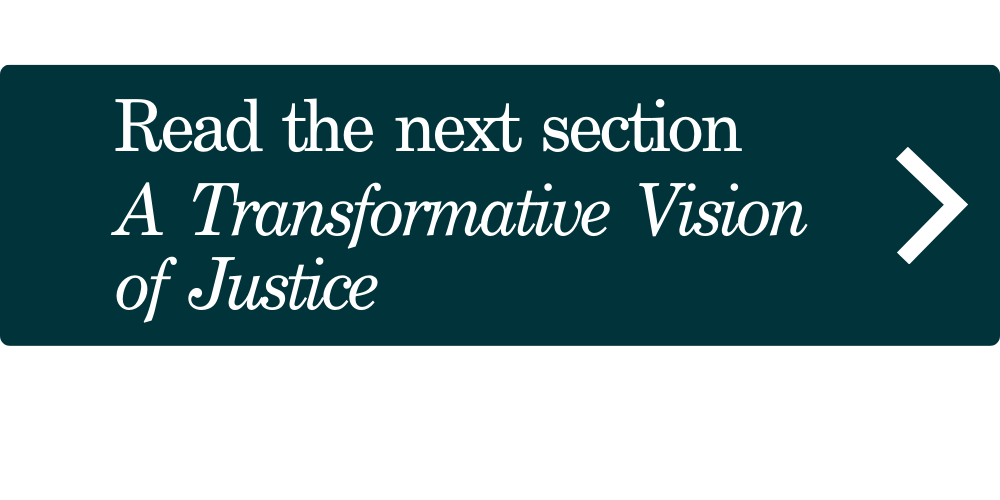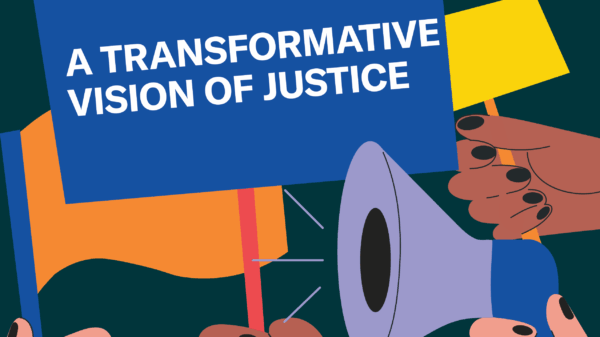Expanding Freedom and Centering Humanity
In this pivotal moment, New Jersey can expand on its proven decarcerative foundation by prioritizing racial and social justice in implementing the following recommendations.
Categorical Clemency
Clemency is one of the most powerful tools available to reduce our incarcerated population. The process enables certain parties – including governors, the president, or administrative boards – to reduce an incarcerated person’s sentence through a commutation or pardon them entirely.
Clemency is an integral part of our nation’s history. From the very early days of the United States, the founders recognized that clemency fortifies our system of checks and balances by providing a way for executive authorities to rectify mistakes or injustices in the criminal legal system. As such, the U.S. Constitution explicitly grants the President the power to grant reprieves and pardons for federal offenses, except in cases of impeachment. Since our nation’s founding, state constitutions have also included ways for executives to provide clemency to constituents. Now, every state in the nation has specific procedures to provide clemency.
In New Jersey, people who have been sentenced for a crime can apply for clemency. Under current law, the Governor makes the ultimate decision about who will be granted clemency.
Unfortunately, clemency is widely underutilized in New Jersey: from 1994 to January 2022, only 105 people received clemency.
Categorical clemency – the process that extends consideration for commutations and pardons to groups of people based on shared characteristics – can change this pattern, significantly reduce our incarcerated population, and begin to address past injustices of the criminal legal system. Importantly, this means that eligible people are considered, not that a pardon or commutation is automatic.
This approach has been used with enormous success.
For example, many Governors have granted clemency to people convicted of possessing or using marijuana. In 2019, in Illinois – the day before signing a law legalizing cannabis use – Governor J. B. Pritzker pardoned more than 11,000 people with low-level marijuana convictions. In 2022, in Oregon, then-Governor Kate Brown pardoned 45,000 people convicted of simple possession of marijuana. Governor Jay Inslee in Washington, Governor Jared Polis in Colorado, and others have pursued similar clemency approaches for people convicted of marijuana use.
Meanwhile, former Pennsylvania Governor Tom Wolf commuted the sentences of more than a dozen people who were convicted under the state’s felony murder law. Felony murder occurs when a person is involved in a felony offense that leads to a death – even if the person did not directly cause the death or intend for it to occur. In Pennsylvania, felony murder carries a mandatory sentence of life without the possibility of parole regardless of the circumstances surrounding the case, making clemency a crucial tool to give people convicted of this offense a chance at freedom.
Governors have also considered and pursued clemency for survivors of human trafficking and gender-based violence, people convicted as adolescents, older people, and people targeted by discriminatory laws. For example, in 2020 in Texas, Governor Greg Abbott created a special clemency application for survivors of domestic assault and human trafficking.
Importantly, while our nation is starkly divided on many major issues, clemency is popular across the board. According to a 2022 ACLU report, more than two-thirds of voters – including a majority of Democrats, Independents, and Republicans – support clemency.
In sum, categorical clemency is a commonsense way to reduce our incarcerated population and reduce racial disparities in our prisons.
Mandatory Minimums
Mandatory minimums have driven mass incarceration in New Jersey and around the country by requiring judges to sentence people convicted of certain crimes to a minimum number of years in prison, regardless of the circumstances surrounding the case. For decades, these laws have fueled longer prison sentences and exacerbated racial disparities.
In 2023, 72 percent of incarcerated people in New Jersey – accounting for more than 9,500 people – were sentenced under mandatory minimums, and many are serving very long sentences. From 2017 to 2022, the share of New Jersey’s incarcerated population with mandatory minimum sentences of 20 years or more increased from about 19 percent to 27 percent.
Recently, New Jersey policymakers considered reforming mandatory minimum laws. In 2021, legislators passed a bill that would have ended mandatory minimums for some nonviolent offenses. But Governor Phil Murphy vetoed the bill until certain changes were made.
Unfortunately, the legislation never made it into law.
While Attorney General Gurbir Grewal did issue a directive requiring prosecutors to waive mandatory minimum prison terms for non-violent drug offenses, New Jersey needs more permanent, all-encompassing change.
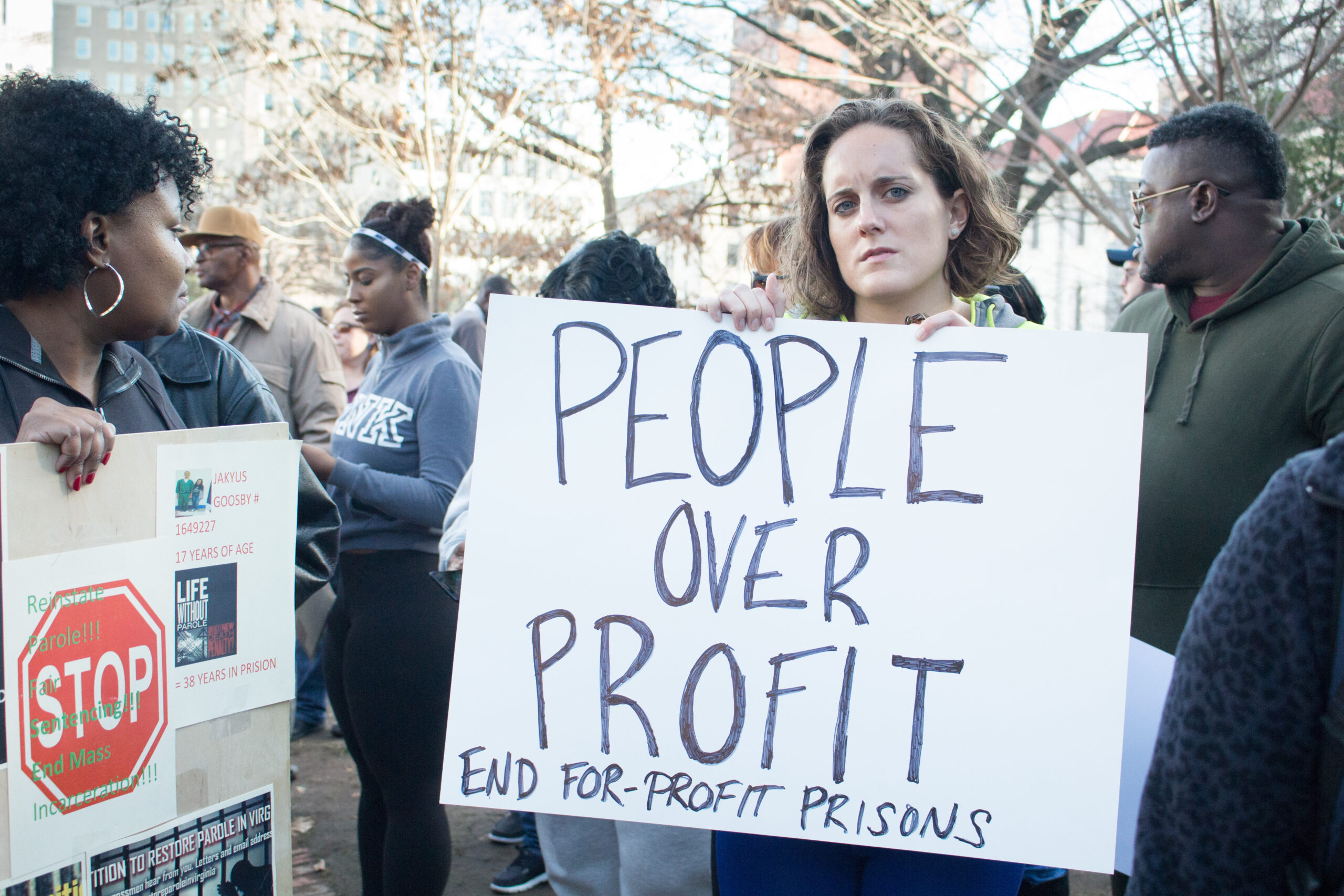
Importantly, the New Jersey Criminal Sentencing and Disposition Commission – an esteemed group of experts with an array of experience with our criminal legal system – has consistently and unanimously recommended reducing the use of mandatory minimums.
Mandatory minimums have proven unnecessary and harmful. It’s past time they were abolished.
Compassionate Release
Compassionate release is a process by which incarcerated people can be released due to extraordinary or compelling circumstances that were unknown or unforeseen during the time of sentencing. For example, the incarcerated person may have a terminal disease or a spouse who became incapacitated. Each state has different requirements for people to access compassionate release.
New Jersey has an incredibly high bar for people to receive compassionate release. To be eligible, the person must have a prognosis of six months or less to live or a permanent physical incapacity. Even then, being released is exceptionally rare.
Such high standards unnecessarily keep people incarcerated. Research shows that older people and people with serious medical conditions – even those convicted of violent crimes – are unlikely to reoffend. It is also an inefficient use of taxpayer funds to provide medical care to elderly people in prison – and New Jersey’s prison population is older on average than ever before. By expanding opportunities for compassionate release, New Jersey can further reduce its prison population.
Drug Decriminalization
With roots in racism that go back centuries, the drug war has imposed a suffocating, militaristic police presence on Black and brown communities and fueled mass incarceration at an immeasurable human cost. Communities of color have been ripped apart. The incarcerated population has exploded.
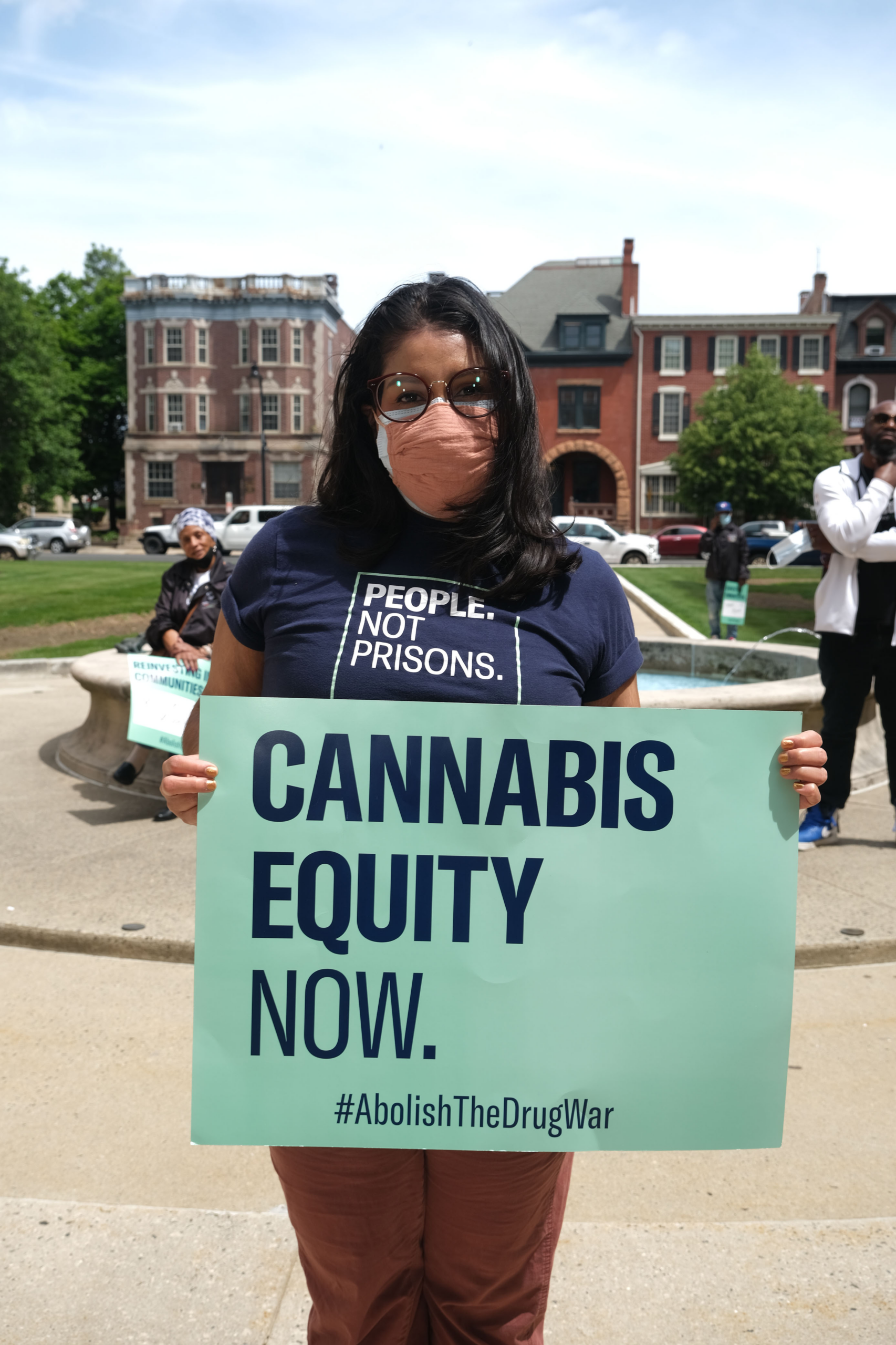
As for the purported goal of ending drug use, these policies actually made it harder for people to seek help from health professionals. After all, a person convicted of drug use could face eviction from their home, separation from their family, loss of federal financial aid, disqualification from a range of occupational licenses, denial of public assistance, and immigration detention or deportation.
New Jersey has long experienced the effects of the drug war. In 2019, more than one in five arrests made by police departments was drug-related. Before 2021, when cannabis was officially legalized, more than 35,000 marijuana-related arrests took place each year – and Black people in New Jersey were arrested at a rate 3.5 times higher than white people for marijuana possession, despite similar usage rates.
To begin to address the immeasurable harms of the drug war, it is crucial to eliminate criminal and civil penalties for drug use and possession. Drug use should be treated as a public health issue, not a crime.
Fortunately, by legalizing cannabis, New Jersey took a step toward doing just that – but it must go further.
For New Jerseyans who are living with substance-use disorders, treatment must be through a lens of public health, harm reduction, and access to opportunity. Arrests don't keep people safe, healthy, or alive – just punished.
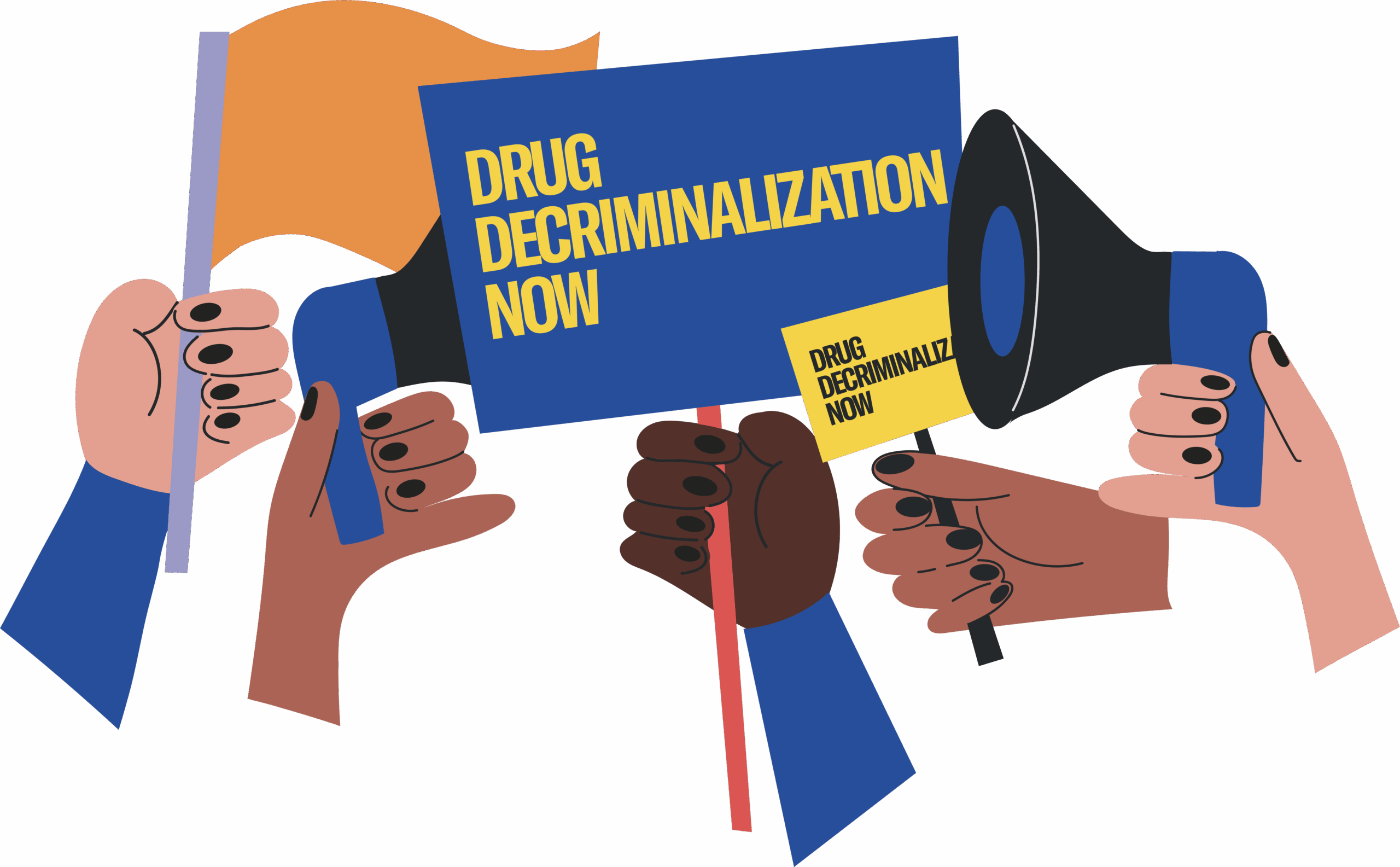
To begin dismantling these long-term barriers, New Jersey must make harm reduction and voluntary treatment accessible for all who need it. And importantly, Black and brown communities that have experienced disinvestment for decades due to drug criminalization – in areas such as education, housing, employment, and other community needs – must be invested in to ensure that all New Jerseyans have equitable access to opportunity.
Photography: James Matthew Daniel/ACLU & Christopher Lopez; Illustrations: Gisela Ochoa


